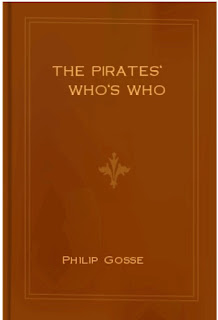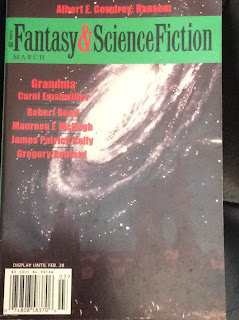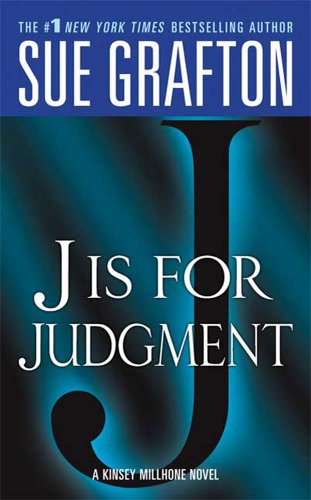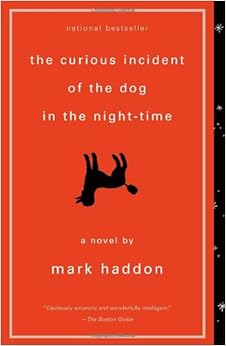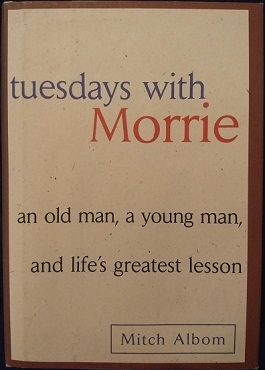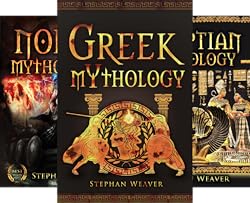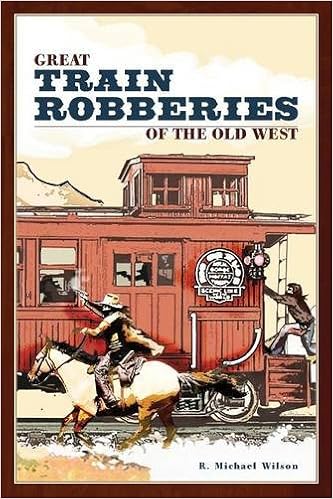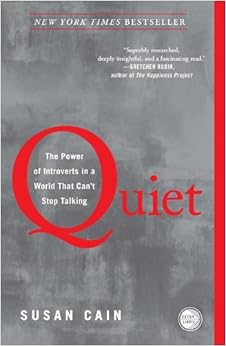100 Young Adult Books to Read in a Lifetime??
This is my first blog posting about books in general. I felt like writing something, and I'm not done with my current book, so I'm writing about reading itself. I may decide to do this ever so often.
I recently saw a link to Amazon's 100 Young Adult Books to Read in a Lifetime. (Normally, I shy away from free advertising on my blogs, but I've taken most of my images from Amazon, so I guess I've already established the pattern here.)
It's an interesting list to be sure. In fact, it seems to be two lists. The top part of the page shows 60 book covers under the heading "100 Books ..." etc. The bottom parts shows -- I kid you not -- "1-12 of 113 results for Books : 100 Young Adult Books to Read in a Lifetime". It then goes on to list books, only some of which appear in the 60 icons above. I haven't explored beyond those 72 titles yet. There's much to mention here.
For starters, I apparently have No Idea what makes a book Young Adult. Someone once told me that it's a regular book with the violence toned down and the sex removed. That was a tongue-in-cheek definition, but not a bad indicator at the time. Either way, many of the books listed, the ones I'm familiar with at any rate, don't seem to me to be the sorts of books that appeal to young adults. If anything, they are the sort of thing they might get assigned in high school. Forced reading is not fun reading, even if they eventually like the book.
That said, I thought I might give my impressions of the books I have read. (Note: I normally only put reviews/summaries of books I've recently read while the details are still fresh in my mind. I don't usually like to review something I read so long ago that I don't remember the details. One of the reasons for this blog is so that I will remember the details.)
I'm not going to cover all the books, but I'll get to ones I have read, and may have something to say about some of the others.
A Clockwork Orange, Anthony Burgess: never read it, but nothing I know about it (yeah, the film, which, believe it or not, I've never seen either) tell me it's a young adult book. Odd that this is listed first. It is a classic, so I can see its inclusion on some list, but this one? I should make a note to put it on a TBR list.
A Great and Terrible Beauty, Libba Bray: I've actually read it and reviewed it. Yeah, for me! Second book on the list. Fairly recent and a good book, and definitely YA. I'd recommend it if asked.
Reviews of books by Libba Bray.
A Separate Peace, John Knowles: One of the few mandatory reads from high school that I voluntarily reread in college or shorter thereafter. It was still on my bookshelf and I honestly didn't remember too much about it. Plus, I'm sure I didn't "get it" in high school when I likely just read it to be finished. Read it from an older, wiser perspective, I probably thought. I still remember a lot of the crappy parts of it, and don't remember much of the rest. But, hey, it's literature, not fluff or melodrama. It's not like stuff I read today where writers kill characters because they don't know what else to do with them or because they need a plot twist every 20 pages.
Adventures of Huckleberry Finn, Mark Twain: school book, but I'm glad I read it, even if I might not have been back then. Then again, I'd seen enough TV and movies about Tom Sawyer and Huck Finn to know the basic story. Again, it's Americana, and you should go back to the original source rather than an "updated" Hollywood retelling. And Tom Sawyer, too. To this day, I still have the copy from high school in a box of books in the basement. I can probably find a free ebook of it (and Tom Sawyer). This one should be on my reread pile.
Dune, Frank Herbert: Another surprise listing. I had trouble getting in this book post-college. In fact, the first two books were my "Secret Santa" present at my first job. I know it's a classic, and I'm a sci-fi fan, but I just didn't get through it. Oddly, by that point, I had already read "National Lampoon's Doon", which made little sense, having not read the original.
Ender's Game: the Ender Quintet, Orson Scott Card. Another classic, and least Ender's Game is. I'm not sure what the "quintet" is. I have read the novel of Ender's Game, and I have read "First Meetings in the Enderverse" although I apparently didn't blog about it. The first meetings book includes the original novella. Changes were made to get from novella to book. The novella was a little less depressing. It's still a good book, and I'd recommend it. I might even read more in the Enderverse.
Reviews of books by Orson Scott Card.
Fahrenheit 451, Ray Bradbury: Another high school book, mandatory read. I remember having trouble getting through it. I remember not getting it. Was it an alternate history where Ben Franklin started a fire department that started fires? What? I've had people talk to me about it and mention scenes that I have no recollection of. Oddly, those conversations have made me change my thoughts about it. So, yeah, it's something that I should reread. Will I? I don't know. Maybe. Some day.
Go Ask Alice, Anonymous: A high school book that I read on purpose. In fact, I borrowed a copy from someone because I wanted to read it. (The person I got it from was happy to be rid of it -- either he or his sister were assigned to read it. Don't remember which.) I read this book for one reason: I was involved in a one-act play based on the book. It interested me enough that I read it. I felt sorry for the poor girl, whose name was not Alice (even though it was in the play). There's an entry in her diary (the book consists of diary entries) where she makes an "Alice in Wonderland" reference about herself. The only reference to a name in the book is "Carla", and that was likely changed. Interesting read. Not sorry I borrowed it. (In fact, I might still have it.)
Harry Potter box set: J. K. Rowling: Not a cheat listing them all together. I'm glad they did. Obviously Young Adult, and they grew up as their readers did. I wonder how this will affect newer readers. Will the final books be too mature for them if they read them earlier? I don't know. That's what parents are for.
Reviews of Harry Potterbooks.
Reviews of books by J. K. Rowling. (Obviously, there is overlap.)
Hatchet, Gary Paulsen: Never read it, but my daughter has. She couldn't stop taking about not only how much she hated the book, but how stupid she thought it was. I can only think of one other book that she might have liked less. She was older by then, and I wasn't reading books with her, so I can't comment, but I had to pass these comments along.
His Dark Materials, Philip Pullman: I have a copy of it. It's unread. It will probably remain so. My brother gave it to me as a gift. I hadn't heard of it, so he explained it to me. Since it was a gift, I didn't ask, "why the hell would you think that this might interest me?" Your mileage may vary. I listed it here so you can form your own opinion when I could have just ignored it.
Lord of the Flies, William Golding, E. L. Epstein. I was never assigned to read this, but there was a copy on my bookcase at home. (I have older siblings who were readers, along with my parents.) Another classic YA book. Read the original. Don't just watch the movies. I enjoyed it as much as any other classic. (I'm pretty sure that I read it after I saw a movie -- one from the 80s, I think.)
* * *
That's it for this time. I'll check this link again soon.



